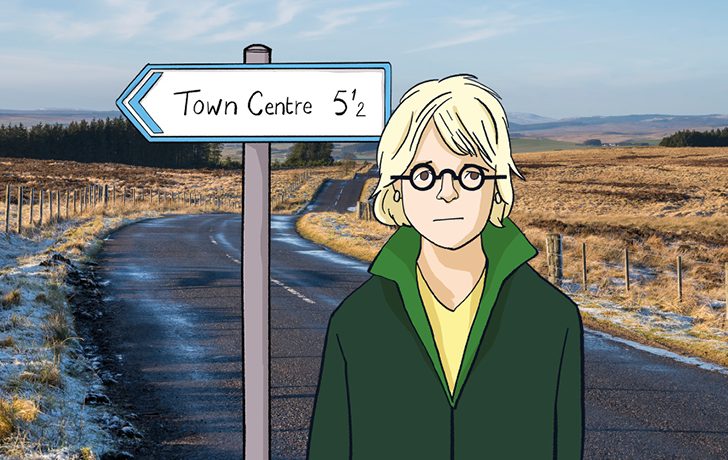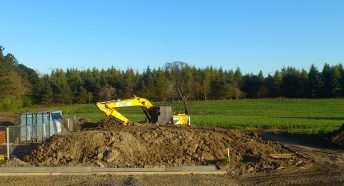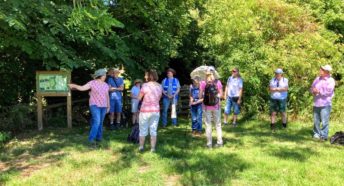Transport deserts
It has become a sad fact of rural life that people without their own independent means of transport find getting about extremely difficult, and their quality of life suffers immensely from this.
The problem
Trips to the nearest town have to wait until a kindly neightbour can provide a lift. Medical problems are put up with, as an appointment at the doctor’s surgery requires precise timing or wasteful waiting for infrequent buses or trains. Friends living just a few miles away are beyond reach for many older village residents, and loneliness and isolation creep up on them as they spend long days on their own.
Far too many people in the rural areas of a county like Northumberland find themselves living in a transport desert, cut off from the lifeline of secure and reliable access to friends, shops, and the facilities town-dwellers take for granted. How did we ever allow this state of affairs to come about, with the burden it imposes particularly on the elderly and the young? Is a subsidised rural transport system beyond the means of a rich country like England? How do other countries manage this problem.
Other countries
The fact is, many European countries have better public transport in their rural areas than we do, with Switzerland providing a model we could follow. Villages of a couple of hundred residents and above in the cantons of Switzerland are guaranteed an hourly service seven days a week from early to late.
Research by CPRE has shown that a modest cut-back in the massive amount of government funding set aside to subsidise our excessive road-building programme could finance a Swiss-style service for our countryside villages that could transform the lives of many elderly folk and teenagers, and bring benefits by giving an alternative to the many rural families who see a second car as a necessity for convenient living.
CPRE’s new campaign
”Every village, every hour’ is the recently launched national campaign which we in CPRE Northumberland have had an important part in developing through our Coordinator Annie Lloyd, who helped collect evidence of the ‘transport deserts’ found throughout the county in villages with no public transport whatsoever – and then went on to appear with the CEO of CPRE, Crispin Truman, and Boroness Vere, the ‘buses’ Minister, at the launch of the campaign.
We are calling on the Government to set up a comprehensive rural transport scheme following the Swiss model of regular bus services everyday, for all medium-sized villages throughout England, and we ask for your support in pressing the Government to come up to the mark on this aim. If you agree an affordable bus service could and should be made available for every village, why not join our campaign and help to transform lives by ridding our countryside of its transport deserts once and for all.









